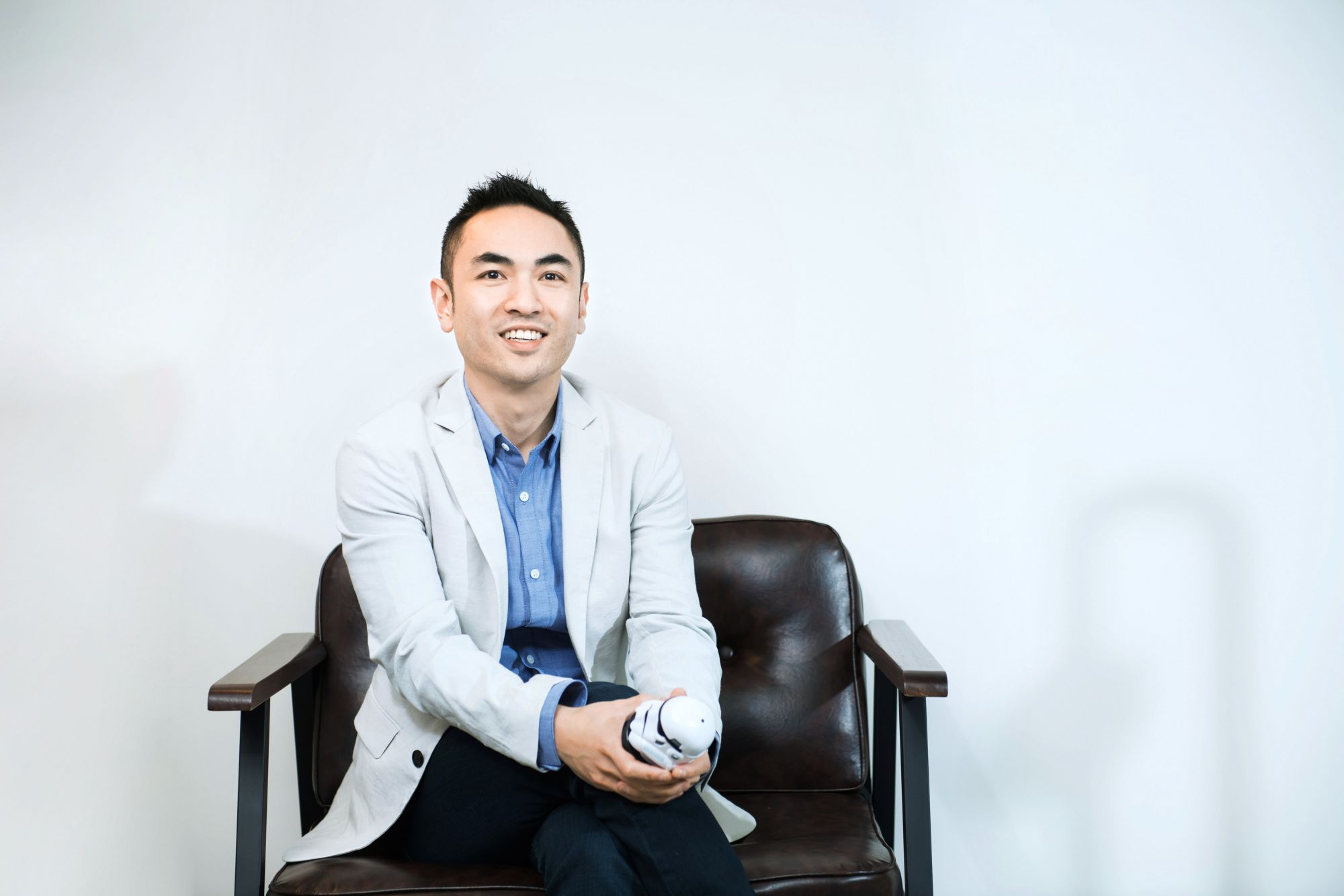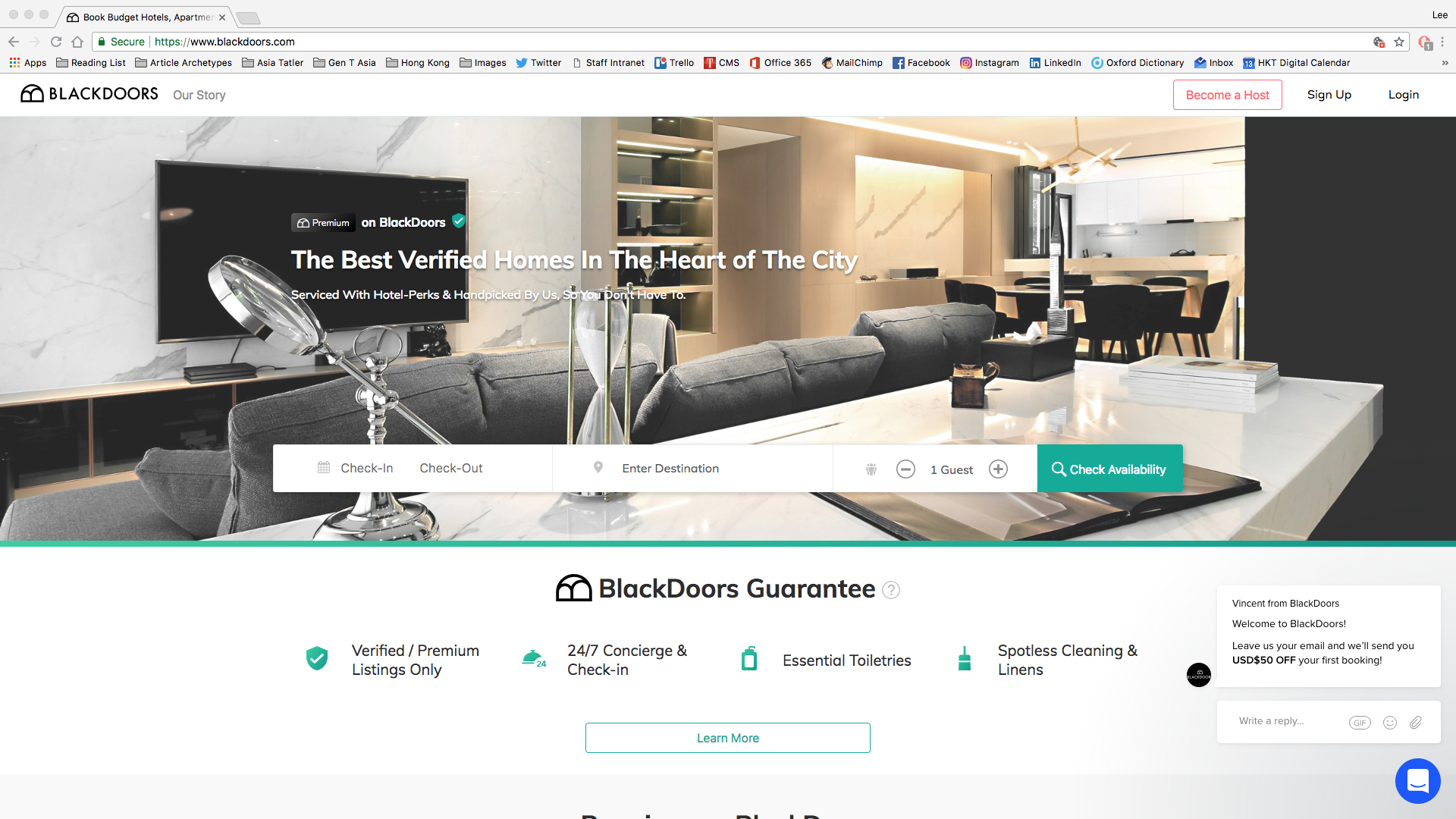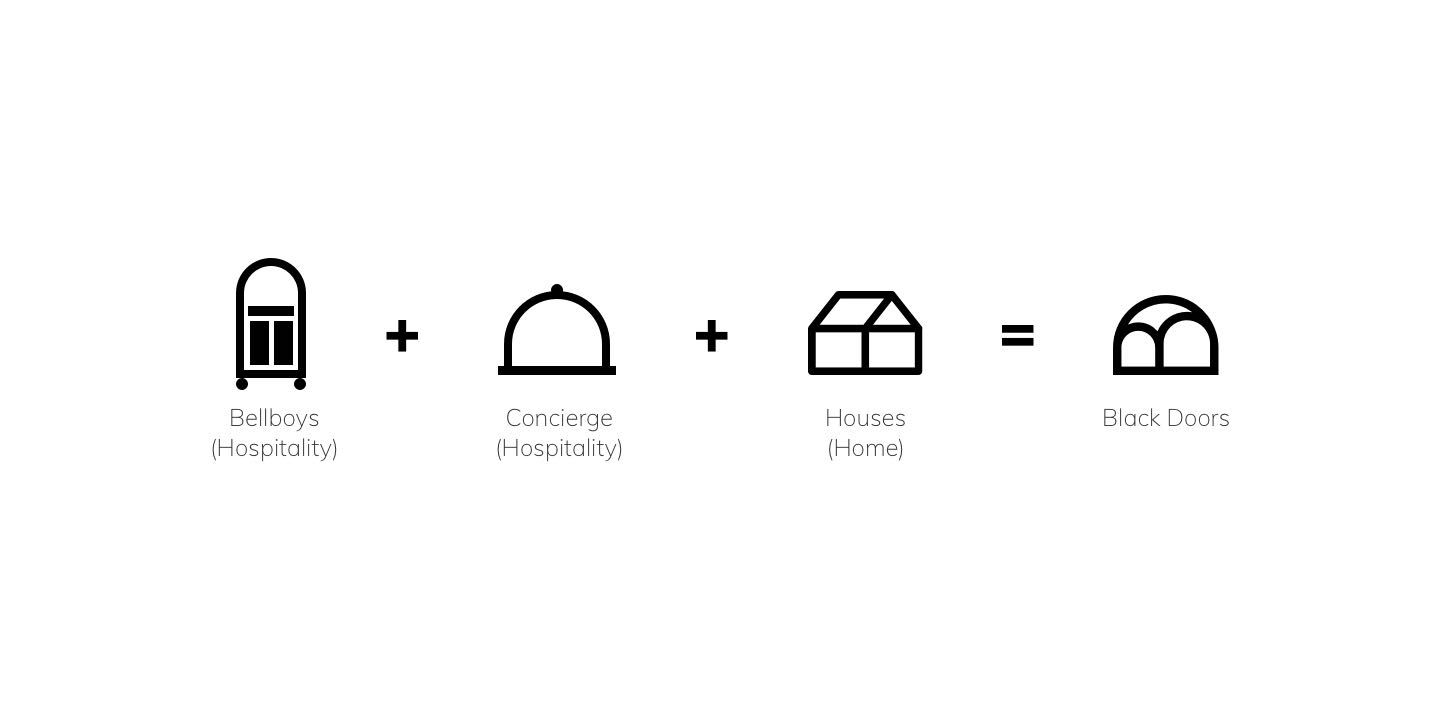This Hong Kong startup is taking on Airbnb in Asia with a focus on premium listings and hotel-level amenities
The Ready For Launch series asks questions of entrepreneurs to get the inside story behind a new startup or product launch.
At the age of 31, Aaron Lee is launching his seventh company. You won’t find the term ‘serial entrepreneur’ in the dictionary, but if you did, chances are it’d be next to a picture of Generation T lister Lee—boyish smile and all.
Starting his entrepreneurial career at 17, Lee had built e-commerce platform Ubuyibuy with fellow Gen.T lister Danny Yeung by the age of 22—selling it to Groupon just six months later.

His latest venture, BlackDoors, feels like a natural progression of Dash Serviced Suites, an “asset-light, tech-enabled serviced apartment operator” Lee co-founded in 2014.
While Dash offers high-end accommodation for those in town for longer periods, BlackDoors is more like “Airbnb for business travellers”—offering premium listings for shorter-term accommodation. Both share a similar supply chain and target market, but have a very different value proposition.
We asked Lee to tell us more.




